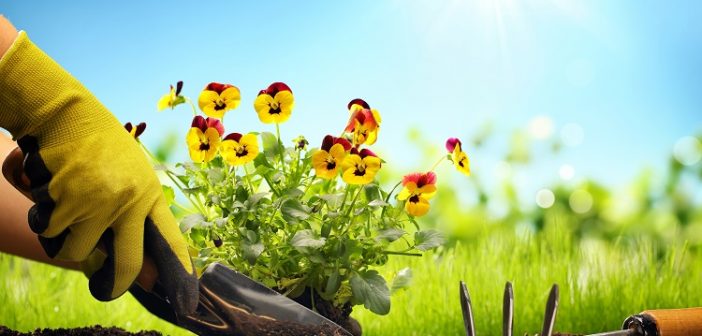It is a fact that birds make a great contribution to the beauty of nature and a world without them is unthinkable. Supporting your bird population by offering supplementary food can be inexpensive and fascinating given the different species of birds that can be attracted to your garden. The preferred food and feeding habits of these birds will vary species to species. A large variety of different bird foods are available and readily accessible so do your homework and be sure to order from a reputable on-line store.
Temporary food shortage can occur at almost any time of the year due to extreme weather conditions, and if this happens during the breeding season, extra food on your bird table and in your feeders can make a big difference to the survival of young.
By feeding the birds all year round, you’ll give them a better chance to survive the periods of food shortage whenever they may occur
Supplementary Feeding
Follow these useful tips to attract the largest variety of birds to your garden.
Bird Seed Mixtures
There are different mixes for feeders, for bird tables and for ground feeding. The better mixtures contain plenty of sunflower seeds, and peanut granules. Small seeds, such as millet, attract mostly house sparrows, dunnocks, finches (find the best finch feeders here), reed buntings and collared doves, while flaked maize is taken readily by blackbirds. Tits and greenfinches prefer peanuts and sunflower seeds. Mixes that contain chunks or whole nuts are suitable for winter feeding only. Pinhead oatmeal is excellent for many birds. Wheat and barley grains are often included in seed mixtures, but they are only suitable for pigeons, doves and pheasants, which feed on the ground and rapidly increase in numbers, frequently deterring the smaller species.
Sunflower Seeds and Peanuts
Sunflower seeds are an excellent year-round food, and in many areas are even more popular than peanuts. The oil content is higher in black sunflower than striped, and so they are much better. Sunflower hearts (the husked kernels) are a popular no-mess food.
Peanuts are rich in fat and are popular with tits, greenfinches, house sparrows, nuthatches, great spotted woodpeckers and siskins. Crushed or grated nuts attract robins, dunnocks and even wrens. Nuthatches and coal tits may hoard peanuts. Peanuts can be high in a natural toxin, which can kill birds, so buy from a reputable dealer to guarantee freedom from aflatoxin.
Suet Products
Fat balls and other fat-based foods are excellent winter food. If they are sold in nylon mesh bags, always remove the bag before putting the fat ball out – the soft mesh can trap and injure birds. You can make your own bird food like cake by pouring melted fat (suet or lard) onto a mixture of ingredients such as seeds, nuts, dried fruit, oatmeal, cheese and cake. Use about one-third fat to two-thirds mixture. Stir well in a bowl and allow it to set in a container of your choice. An empty coconut shell, plastic cup or tit bell makes an ideal bird cake ‘feeder’. Alternatively, you can turn it out onto your bird table when solid.




